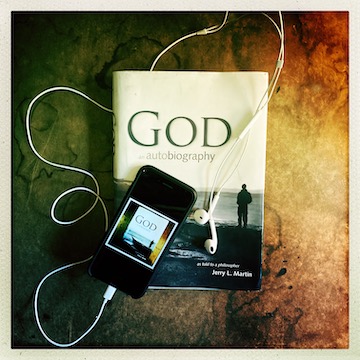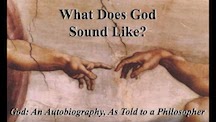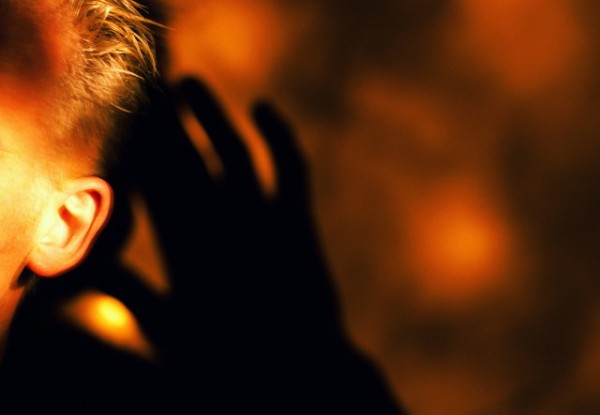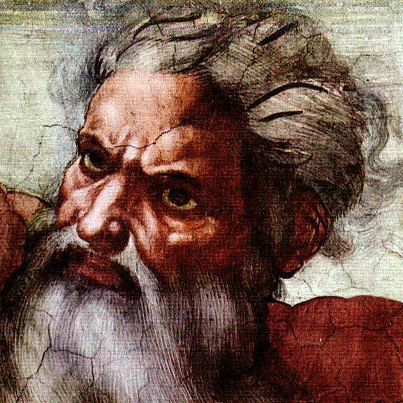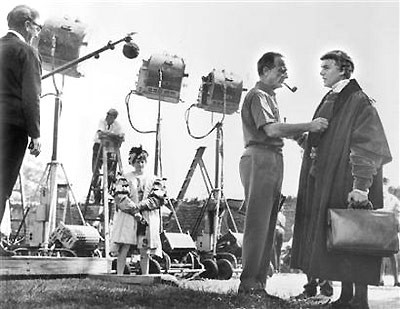Begin your spiritual journey with God: An Autobiography, The Podcast- an ongoing discussion of the book and true story, God: An Autobiography, As Told to a Philosopher.
Once the book and message gained the support of a global audience and diverse community of seekers, the spiritual podcast released the dramatic adaptation. With the help of actor and show host Scott Langdon, the book came to life. Because of continued support, the podcast continued the conversation.
Join the discussion anytime in episodes of spiritual development and God beyond religion with interviews, discussions, and more.
God: An Autobiography, The Podcast
Series
Life Wisdom Project | God: An Autobiography, As Told To A Philosopher
Welcome to the LWP series, which is all about how to live a happier, wiser, and more meaningful life through lessons from God, the book, and special guests.
| COMING SOON: 9/29 |
Dramatic Adaptation | God: An Autobiography, As Told To A Philosopher
Here, you can hear the entire dramatic adaptation of the book. When an agnostic philosopher prays to God, he receives an answer- in words.
| I Pray To A God I Don't Believe In |
Two Philosophers Wrestle With God | God: An Autobiography, As Told To A Philosopher
This is a series of analytical and energetic dialogues of philosophical and spiritual discussion with Dr. Richard Oxenberg and Dr. Jerry L. Martin. Dialogues:
| 1 | Jerry's Story | 2 | Revelation | 3 | Purpose |
| 4 | The Nature Of God And Divine Reality | 5 | The Big Picture |
| 6 | The Problem Of Evil | 7 | The Nature Of Human Beings | 8 | World Religions |
| 9 | Eastern Religions |
What's On Your Mind | God: An Autobiography, As Told To A Philosopher
Here, digging into the mailbag, host Scott Langdon and Dr. Jerry L. Martin share an insightful conversation responding to fascinating reader and listener questions and comments.
| Spiritual Nudges |
What's On Our Mind | God: An Autobiography, As Told To A Philosopher
This is a series where Dr. Jerry L. Martin and show host Scott Langdon hare personal spiritual experiences while recapping points from the most recent episodes.
| Images Of God |
Interviews | God: An Autobiography, As Told To A Philosopher
These are a series of insightful and ambitious discussions amongst key players and special guests.
| The Why Behind The Book |
Not Just A Spiritual Podcast
Books And Videos

Watch videos from Dr. Jerry L. Martin | God: An Autobiography Videos
On spirituality, philosophy, and the messages he received through his conversations with God, and reported in God: An Autobiography, As Told To A Philosopher. Enjoy videos on spiritual autobiographies, prayer, philosophical dialogues, and interviews.
Check out the podcast- on video!
Hear from actor and show host Scott Langdon on the spiritual podcast God: An Autobiography, the Podcast. Enjoy several special series made for the philosophical and spiritual community!
